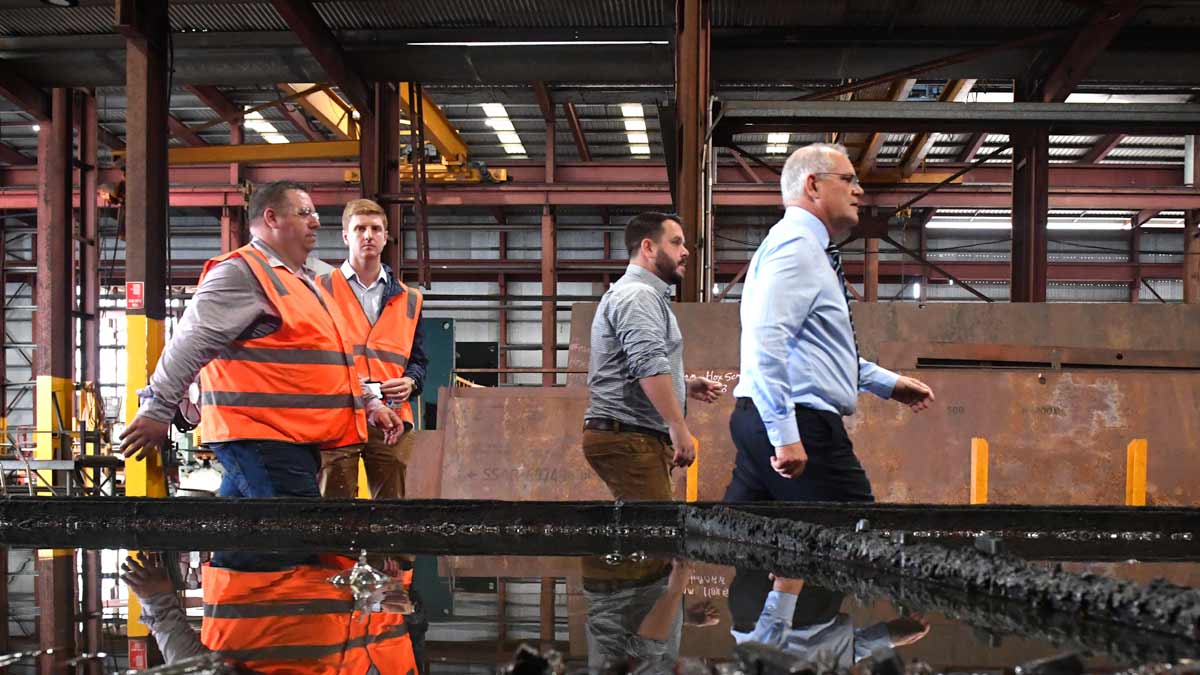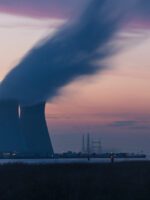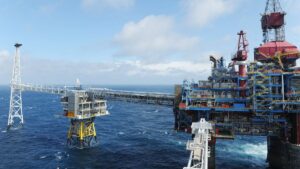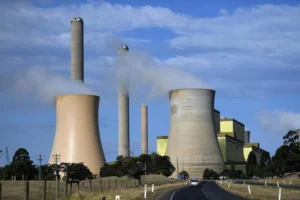Australia’s diplomatic relationship with Pacific Island neighbours has been thrust into the election spotlight, with China on the verge of constructing a new military base on the Solomon Islands.
On Tuesday, with leader Anthony Albanese still out of action with Covid, Labor pledged to restore Australia’s leadership in the Pacific region, including through the creation of a new Pacific Climate Infrastructure Financing Partnership.
Through the partnership, Labor says it would support new climate and clean energy infrastructure projects throughout the Pacific.
Morrison’s refusal to engage with Pacific Island neighbours on the issue of climate change – to the point leaving some Pacific leaders in tears – has been cited as a key cause of Australia’s deteriorating diplomatic relationships. Not to mention defence minister’s Peter Dutton casual joke about rising water levels.
Morrison and Taylor spend more on capture and storage
Over the weekend, prime minister Scott Morrison announced that the Coalition would spend another $300 million on carbon capture and storage projects in the Northern Territory.
Announced on Sunday, Morrison said another tranche of funding would be provided to gas projects in the Northern Territory, handed out to a range of fossil fuel companies to develop carbon storage projects.
It’s on top of more than $1.3 billion in new fossil fuel industry subsidies that have already been announced by the Coalition during the election campaign – designed to accelerate the expansion of gas productions in areas like the Beetaloo Basin.
Nationals reveal belief net zero target is not “legally binding”
There has long been scepticism around the extent to which the Nationals are genuinely committed to a net zero emissions target adopted by the Coalition government key international climate talks last year.
It now appears clear that the National internally believe this commitment is “flexible” with the party’s candidate for the electorate of Flynn, Colin Boyce, telling the ABC that there was “wiggle room” within the net zero target.
“Zero net carbon emissions by 2050, Morrison’s document, is a flexible plan that leaves us wiggle room as we proceed into the future,” Boyce said.
Confirming suspicions, Nationals leader Barnaby Joyce backed the candidate.
“We’ve said we’ve set a target, we’re going to try and meet … but I think where Colin’s coming from, it’s completely understandable,” Joyce told AAP.
The comments were slammed by Labor’s climate and energy spokesperson, Chris Bowen.
“The LNP on climate says one thing in Hinkler and another thing in Higgins,” Bowen said.
“They say one thing in Queensland and another thing in Queen’s Park. They want to be on both sides of the street. Well, they can’t be on both sides of the street.”
Greens to allow climate-impacted communities to sue fossil fuel companies
On Tuesday, the Australian Greens have launched a proposal to allow communities impacted by climate-change fuelled disasters to sue coal and gas companies for compensation.
The proposal, launched in Ballina, would allow both individuals and various government bodies that experience damage caused by floods to seek compensation directly from fossil fuel companies.
“Coal and gas corporations fuelled the floods and they should pay for the damage they have caused to the Northern Rivers,” Bandt said.
Australians concerned about climate change, but amongst least likely to change behaviour to stop it
Recent polling has shown Australians are increasingly concerned about the predicted impacts of climate change, but new research shows Australia lags behind international peers in their willingness to change their behaviour to cut emissions.
The study found that while Australians were more likely to take steps to avoid purchasing products with a lot of packaging, and were more willing to buy second hand goods, they were less likely to use more efficient household appliances, or reduce meat and dairy consumption.
“Despite a high public demand for government and businesses to take climate action, there is a lot of inertia to overcome in getting people to make changes in their own behaviours,” IPSOS director Stuart Clark said.
“It is very clear that many Australians are unable or unwilling to make changes to their lifestyles, and that we lag behind many other countries in this respect.”










